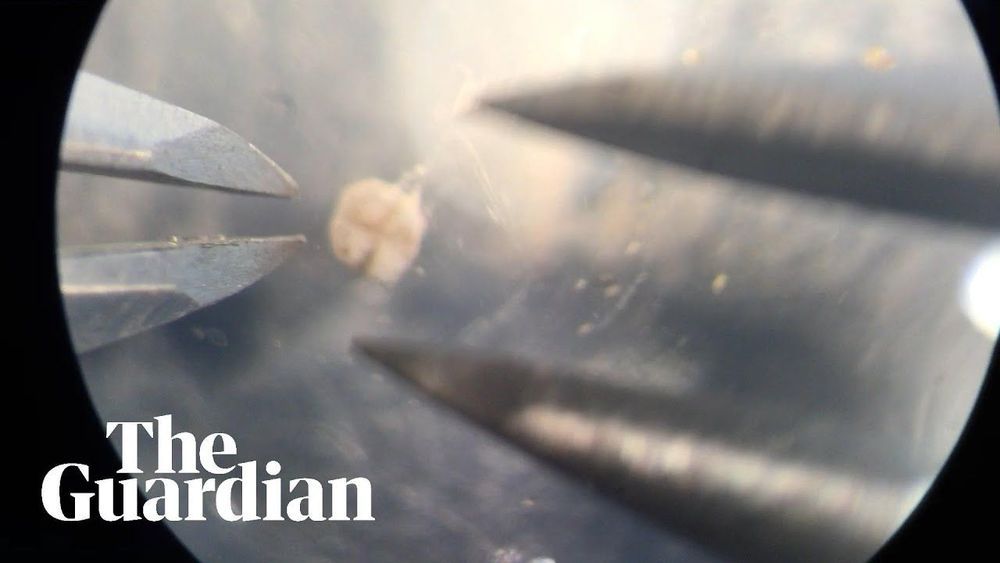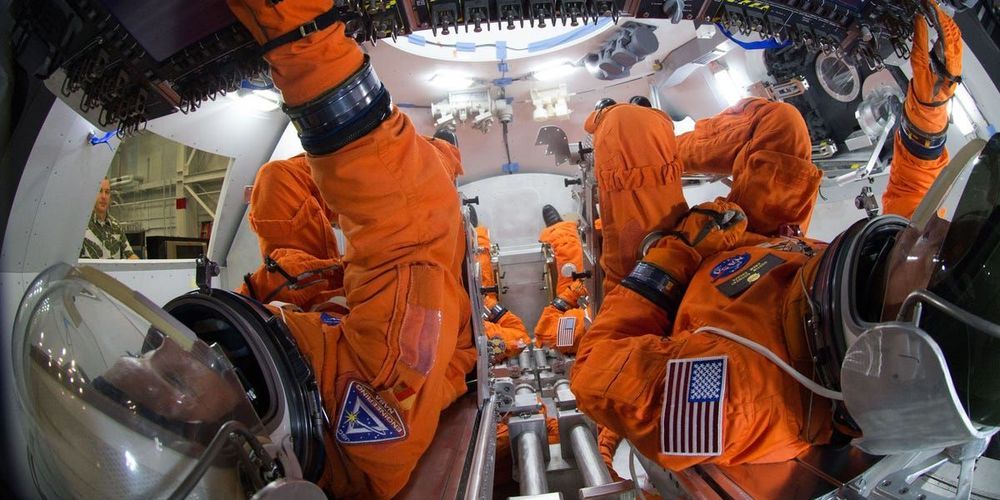Jan 28, 2020
Building an Atlas of Senescent Cell Secretions
Posted by Paul Battista in category: life extension
Recently, a team of researchers, including Professor Judy Campisi, has published an atlas charting the inflammatory senescence-associated secretory phenotype (SASP) [1].
The nature of the SASP
As we grow older, increasing numbers of our cells enter a state known as senescence. Senescent cells no longer divide to support and help maintain the tissues that they are a part of and instead secrete a range of harmful inflammatory signals: the SASP.




 We are delighted to announce that
We are delighted to announce that 













